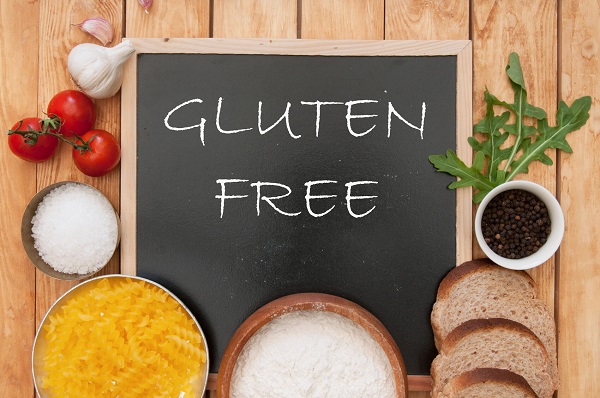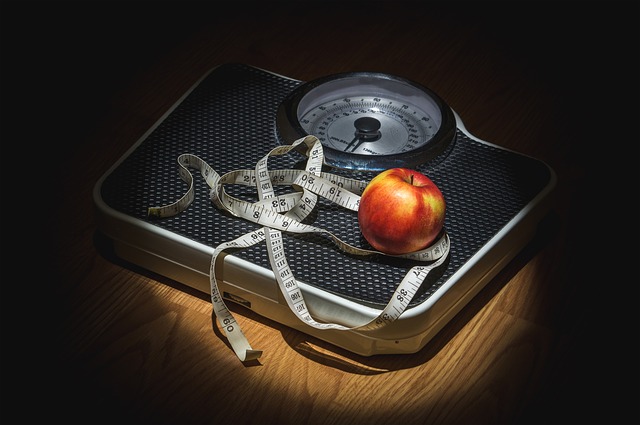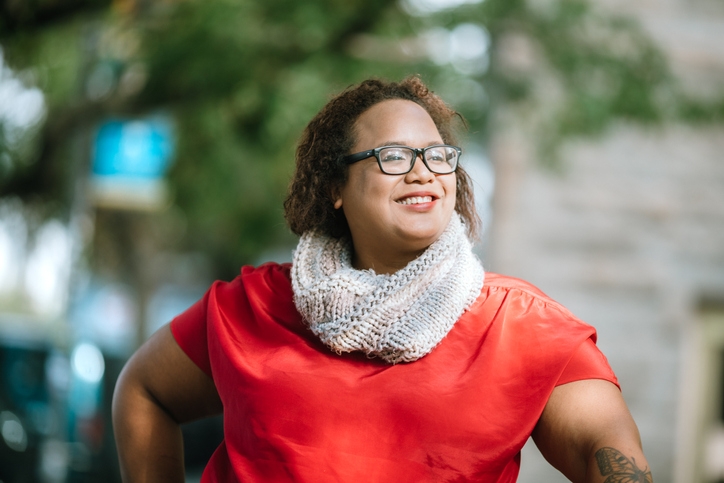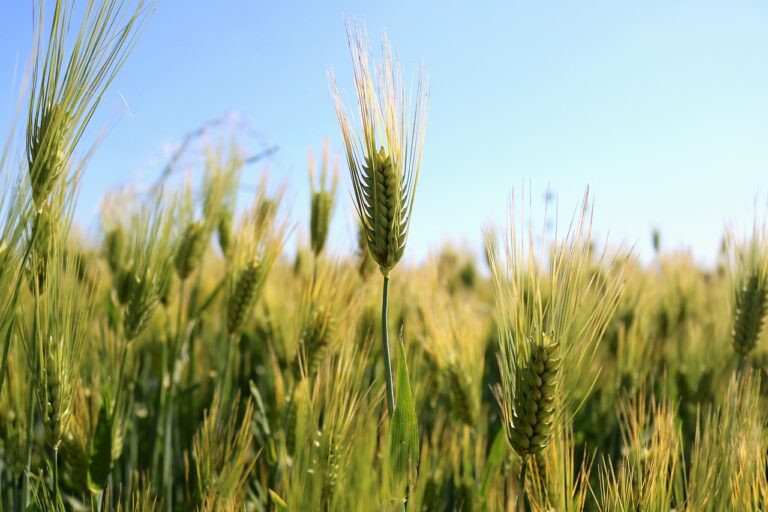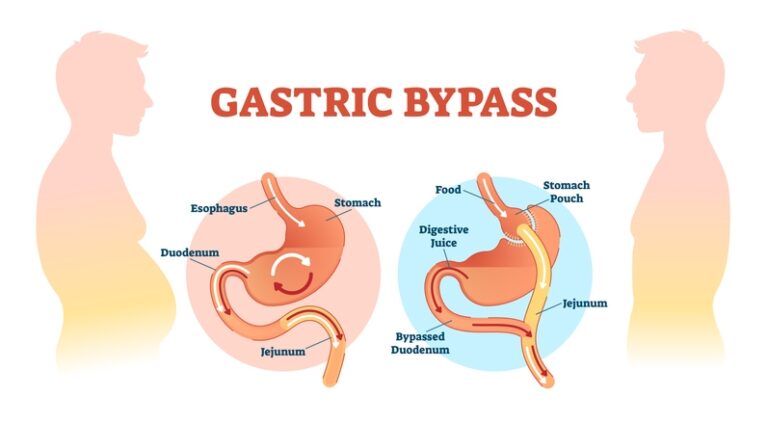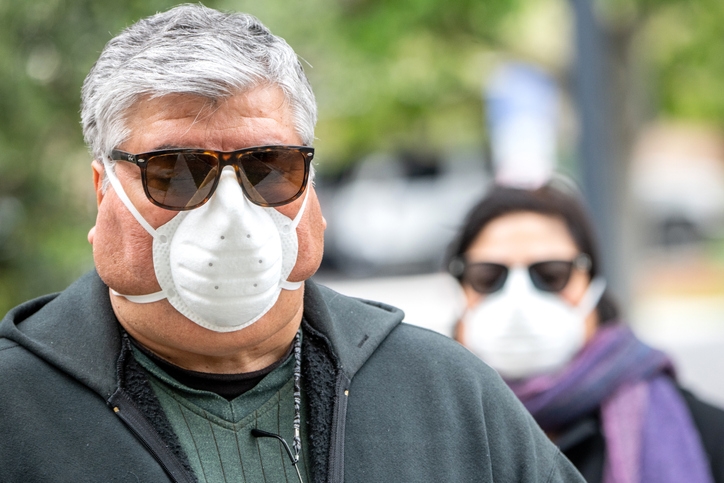Is Gluten Free Good For Me?
If you’ve been in a grocery store at all in the last few years, you’ve doubtlessly 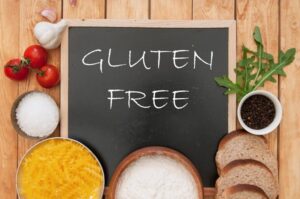 noticed a wide selection of gluten-free foods. As the label suggests, these foods are made without anything that contains gluten, namely wheat, rye, barley, spelt, and several other grains.
noticed a wide selection of gluten-free foods. As the label suggests, these foods are made without anything that contains gluten, namely wheat, rye, barley, spelt, and several other grains.
The popularity of gluten-free foods may be due to the notion that they are somehow healthier. The truth is there’s no evidence to support that idea.
Celiac Disease and Gluten Sensitivity
Now, that doesn’t mean there isn’t a place for gluten-free food. There are two cases in which gluten-free is essential: celiac disease and gluten sensitivity.
- Celiac disease: Celiac disease is when your immune system reacts inappropriately to gluten, causing damage to intestinal lining and preventing the absorption of certain nutrients. Only about 1% of Americans have celiac disease, so it’s quite rare.
- Gluten sensitivity: More common than celiac disease is gluten sensitivity, in which people experience similar symptoms to celiac disease without the same indicators (intestinal damage, presence of certain antibodies, etc.)
In these cases, a strictly gluten-free diet is vital to continued health. In others, there’s little point, and it may even be risky.
Risks of Going Gluten-Free
Unless you have the above-mentioned medical conditions, there isn’t any reason to go gluten-free. Gluten is in many of the foods we eat, and cutting it out means making a massive shift in your overall diet.
This is where the risk comes in. When you cut out an entire category of food (bread, pasta, cereal, etc.), there’s a high chance you won’t get all the nutrients you need.
In addition, the gluten-free label doesn’t automatically make a food healthy. There are plenty of gluten-free foods that are still simply junk food (for example, gluten free donuts are still donuts). These can be almost as harmful for your gut as gluten can be for those with celiac disease.
So, to sum up, unless it’s medically required, don’t bother with gluten-free. For more information on this and lifestyle changes you might be considering making after bariatric surgery, contact Dr. Malladi of Malladi Bariatrics and Advanced Surgery.

